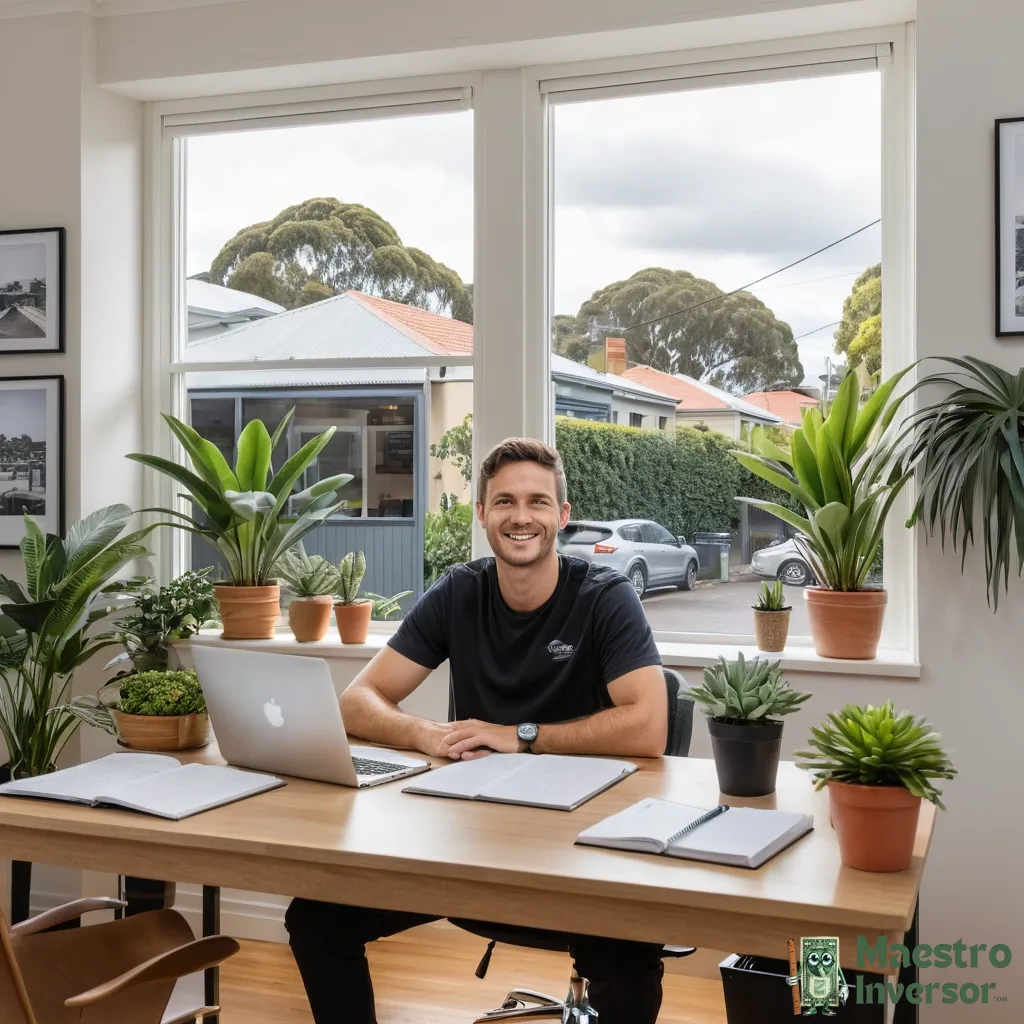
Starting a small business from home in Australia can be a great way to turn your passion into a career, while also providing the flexibility and autonomy that comes with being your own boss. With the rise of the digital age, it’s never been easier to start a business from the comfort of your own home, and Australia has a thriving small business community with many resources available to support entrepreneurs. However, before you can start turning your idea into a reality, there are a few things you’ll need to consider.
Research and Planning
Before you start your business, it’s essential to do your research and create a solid business plan. This will help you to define your business, identify your target market, and determine your financial needs. You’ll need to consider things like what products or services you’ll offer, how you’ll market them, and what kind of equipment and supplies you’ll need. You may also want to consider seeking the advice of a business advisor or mentor, who can provide valuable guidance and support as you get started.
Business Structure
One of the first decisions you’ll need to make is what kind of business structure you’ll use. This will depend on the size and type of business you’re starting, as well as your personal financial situation. The most common business structures in Australia are:
- Sole trader: This is the simplest and most common business structure, where you’re the sole owner and operator of the business.
- Partnership: This is where two or more people start a business together, and share the profits and losses.
- Company: This is a more complex business structure, where the business is a separate entity to the owners, and provides more protection for the owners’ personal assets.
- Trust: This is where a business is owned by a trust, and the trust is managed by a trustee.
Registration and Licenses
Once you’ve decided on a business structure, you’ll need to register your business and obtain any necessary licenses and permits. This will depend on the type of business you’re starting, as well as the state or territory where you’re located. You may need to register for:
- ABN (Australian Business Number): This is a unique identifier for your business, and is required for tax purposes.
- ACN (Australian Company Number): If you’re starting a company, you’ll need to register for an ACN.
- Business name: You’ll need to register a business name, which will be used to identify your business.
- GST (Goods and Services Tax): If your business will have an annual turnover of $75,000 or more, you’ll need to register for GST.
- Other licenses and permits: Depending on the type of business you’re starting, you may need to obtain other licenses and permits, such as a food handling permit or a liquor license.
Insurance and Superannuation
As a small business owner, you’ll need to consider insurance and superannuation to protect yourself and your business. You may want to consider:
- Public liability insurance: This will protect you in case someone is injured as a result of your business activities.
- Professional indemnity insurance: This will protect you in case you’re sued for professional negligence.
- Business insurance: This will protect your business in case of theft, damage, or other unforeseen events.
- Superannuation: As a small business owner, you’ll need to consider your own superannuation, as well as that of any employees you may have.
Setting Up Your Home Office
Once you’ve registered your business and obtained any necessary licenses and permits, you can start setting up your home office. This will depend on the type of business you’re starting, as well as the space you have available. You may need to:
- Set up a dedicated workspace: This could be a desk, a room, or even a shed in your backyard.
- Invest in equipment and supplies: Depending on the type of business you’re starting, you may need to invest in equipment such as a computer, printer, or software.
- Set up a phone and internet connection: You’ll need a reliable phone and internet connection to communicate with clients and run your business.
- Organize storage and filing systems: You’ll need to keep track of your business records, invoices, and other documents, so you’ll need to set up a storage and filing system.
Marketing Your Business
Once you’ve set up your home office, you can start marketing your business. This will depend on the type of business you’re starting, as well as your target market. You may want to consider:
- Creating a website: This will be your online presence, and will allow potential clients to find out more about your business.
- Using social media: Social media platforms such as Facebook, Instagram, and Twitter can be a great way to promote your business and connect with clients.
- Networking: Attend local business events, join business groups, and connect with other business owners to build relationships and promote your business.
- Advertising: You may want to consider advertising your business in local newspapers, magazines, or online.
Starting a small business from home in Australia can be a challenging but rewarding experience. By doing your research, creating a solid business plan, and setting up a dedicated home office, you can set yourself up for success. Remember to stay organized, market your business effectively, and continually evaluate and improve your business to ensure its long-term success.

